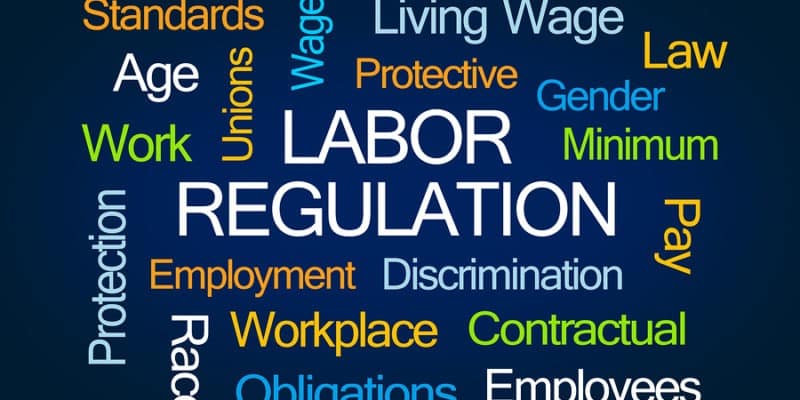By Jennifer Grøndahl| Karla Walter
November 5, 2019
It’s no secret that Phoenix has become a Baby Boomer mecca. America’s largest generation has been flocking here for years, bringing with them revenue for local businesses and tax dollars for the city, but also their garbage. Garbage that the city now needs to collect.
Phoenix, like many cities, has struggled to keep up with the growing demand for government services like garbage collection, while also facing high retirement rates among aging municipal workers.
But unlike many cities, Phoenix has also come up with an original solution to meet this demand. When the city and LIUNA Local 777, which represents many municipal workers, realized they were facing a shortage of qualified sanitation workers, they partnered to create an innovative apprenticeship program that trains area residents to become skilled sanitation workers while maintaining a high level of service for taxpayers.
As a local leader who helped implement these apprenticeships and a researcher at a national think tank focused on policies to make government work better, we believe the Phoenix-LIUNA Local 777 partnership should serve as a national model.
Through the city’s solid waste equipment operator apprenticeship, workers obtain their commercial driver’s license and receive specialized instruction on operating trucks through narrow city streets and customer service skills. Previously, the city required applicants to have a commercial driver’s license before being hired, which was a significant barrier to employment, because tuition for commercial trucking schools costs thousands of dollars.
By giving sanitation workers an opportunity to earn these skills and credentials while on the job, the city ensures that workforce training is of high quality. Moreover, the Phoenix-LIUNA Local 777 partnership focuses recruitment on women, veterans and youth, attracting employees who reflect Phoenix’s diversity and who might not otherwise have had access to high-quality city jobs.
For apprentices, who are often transitioning from near minimum-wage jobs, city employment offers a significant earnings boost and a clear career path. The involvement of existing city employees makes the apprenticeships a success. Veteran employees help with recruitment and program graduates informally mentor new apprentices.
As a result, the apprenticeship graduates have higher levels of loyalty and motivation to both the City of Phoenix and the union. Nearly all who start the program finish, and despite their more junior status, graduates are among the most successful employees, at times outshining more senior workers.





